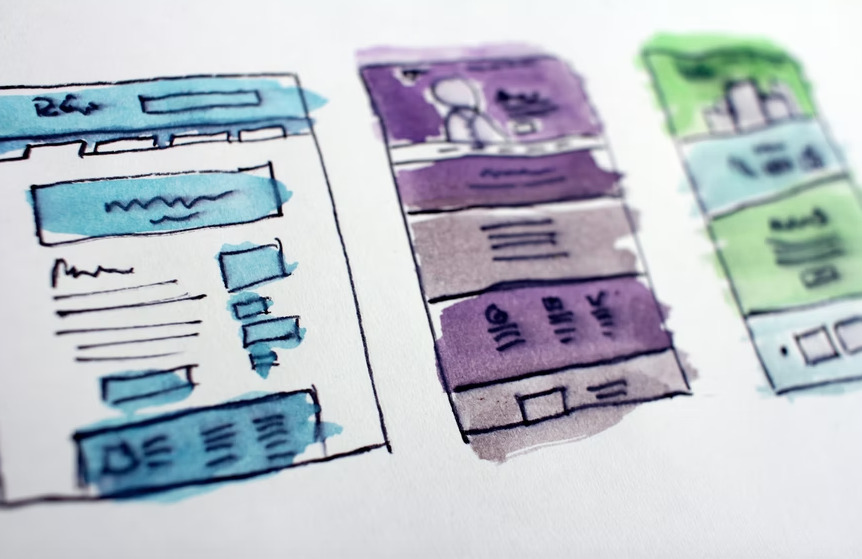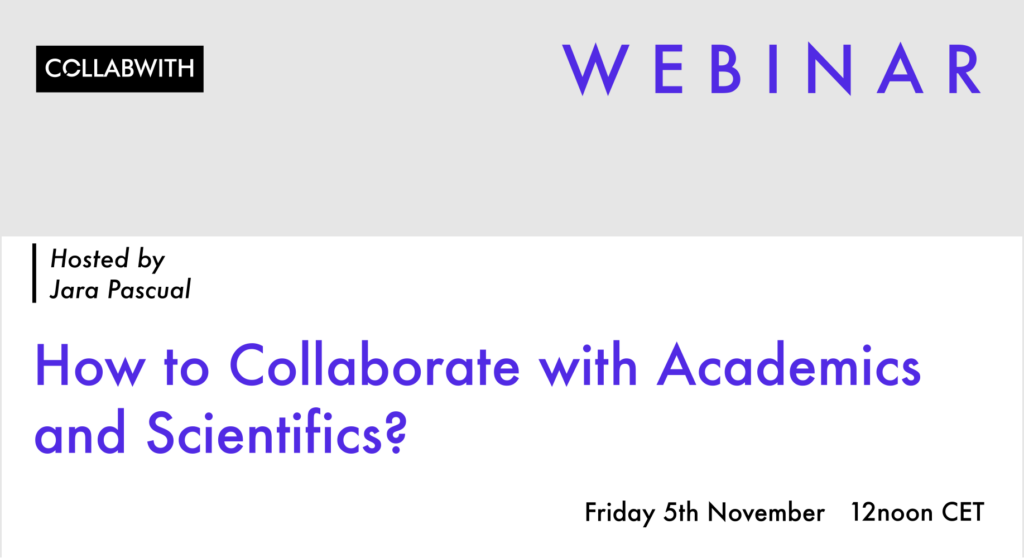How to Collaborate with Academics and Scientifics?
What is happening from an emotional perspective when an academic wants to bring their research results and transform them into an innovative solution for a company?
Emotional fear of money
Talking about money is difficult and it is difficult to ask for an amount of money that takes into account the value of knowledge and technology.
It is easier to give it away than to make the effort to overcome the fear of talking about costs, economic benefits and income. And there are many excuses to avoid talking about money and budgets, such as “I want to have neutral results for the research, so I do not pay the academics”, or “I do it only with passion, not only for money.” If we look at the behavioral economics factor, “doing it for free” as a voluntary activity generates immediate endorphins, a positive effect and emotions of well-being for all; therefore you don’t have to wait to get the benefits of knowledge transfer and it is a way to reduce the time distance (concept of knowledge theory) from action to benefit, because you are getting satisfaction endorphins immediately as self gratification. This sentiment is important in motivating people to share knowledge during collaboration and innovation activities, but it should not replace payment for delivering your expert knowledge. When payment in behavioral economics theory generates pain, and since there are no immediate benefits, there is no pleasure, only pain. That is why it is so difficult to put an economic value on knowledge.
Have you heard of the case of beverage companies that pay for research studies that say that sugar is not bad for our health and instead blame fat for being bad for our bodies? Companies and researchers have created these statements to help sell products and services and this is unethical. But not everyone does it, but it is in the academic’s conscience when he goes to talk to the company (solution, value himself only, no matter what others do, self-assurance)
There have also been other cases of companies that have bought the results of research and technology (intellectual property and patents) and closed them to avoid having to compete with these technologies in the market. When a company is not using technology or research results, it acquired the knowledge due to anti-competitive behavior that is equally unethical, and these are bad practices! However, this does not mean that all collaboration between industry and academics is like this. These are exceptions and the legal contracts are super flexible and clauses can be added to avoid these tragic cases of abuse.
It is important to understand fear related to ethics and money so that you can act instead of being paralyzed by fear. You can improve your contracts and legal negotiations knowing that you want to avoid unethical uses or actions with your intellectual property, technology or knowledge. Some academics prefer to earn zero money to feel good and avoid all the negotiations and legal processes. They prefer to refer to themselves with statements such as “they don’t buy from me” to show that “I’m a good academic, because I don’t market research because I do it only as my passion” instead of learning to negotiate well in a calm way, and knowing how to say no and impose the necessary ethical conditions.
The academic understands innovation and transfer as commercialization, and not as “structuring of knowledge” or as that their knowledge has value and to give that value is to be professional, to take oneself seriously and to be responsible for the real impact that one wants to give with the investigation. As Professor Chesbrough (the father of open innovation) said so well, innovation is about commercialization, which means that innovation is about business and doing business with knowledge.
If we want to help universities, academics and scientists to share their knowledge with industry and society, the more “knowledge structuralization” the better. And for a collaboration between university and business to work. Experience has shown that the clearer the definition of all aspects of collaboration in the early stages (talk about money included), the smoother and faster the collaboration will work. The mindset to have is that you are creating a team.
WEBINAR How to Collaborate with Academics and Scientifics by Jara Pascual
Innovation / 1 hour / Online / English / Friday 5th November 2021 at 12noon CET
35€ (Free for Premium Members of Collabwith)
ABOUT COLLABWITH
Collabwith is a technology and a service to structure collaboration for innovation. It’s a tool to connect academics-startups-organizations. Because a tool is not enough to transform how you collaborate, here we have created a new methodology, personalized trainings, a new way of communication and a tailored made consulting for you to be more effective and efficient, now.
Grow your business and innovation through smart collaborations with Collabwith innovative and holistic approach to collaboration.
Magazine: https://collabwith.co
CollaborationXInnovation Platform: https://platform.collabwith.co
Check all calls, and innovation funding opportunities on our Marketplace: https://platform.collabwith.co/marketplace
Do you want to know more? Book a demo with us, Contact us here.

